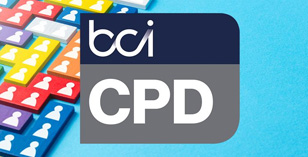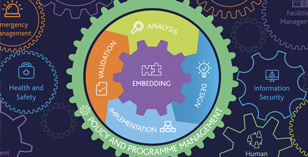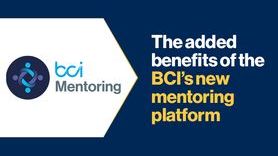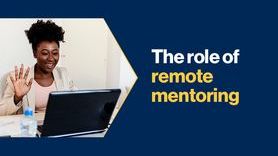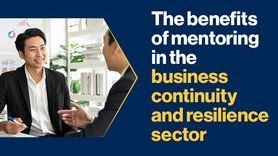If you are currently an MBCI or FBCI (including those with Honors), you are eligible to become a mentor for BCI. Volunteering as a mentor means offering support and guidance to a fellow BCI Member.
You must maintain your membership throughout the duration of the mentoring partnership. To be a successful mentor, you should possess strong communication and personal development skills, as well as a solid understanding of professional development in the field of business continuity and resilience.
Roles and responsibilities of being a mentor
When you begin mentoring, it's crucial to clarify your role as a mentor. You should not act as a coach, manager, or counselor.
BCI Mentoring articles
BCI Mentoring resources
Need further details about BCI Mentoring?
Please check our mentoring FAQ page or contact the membership team.


